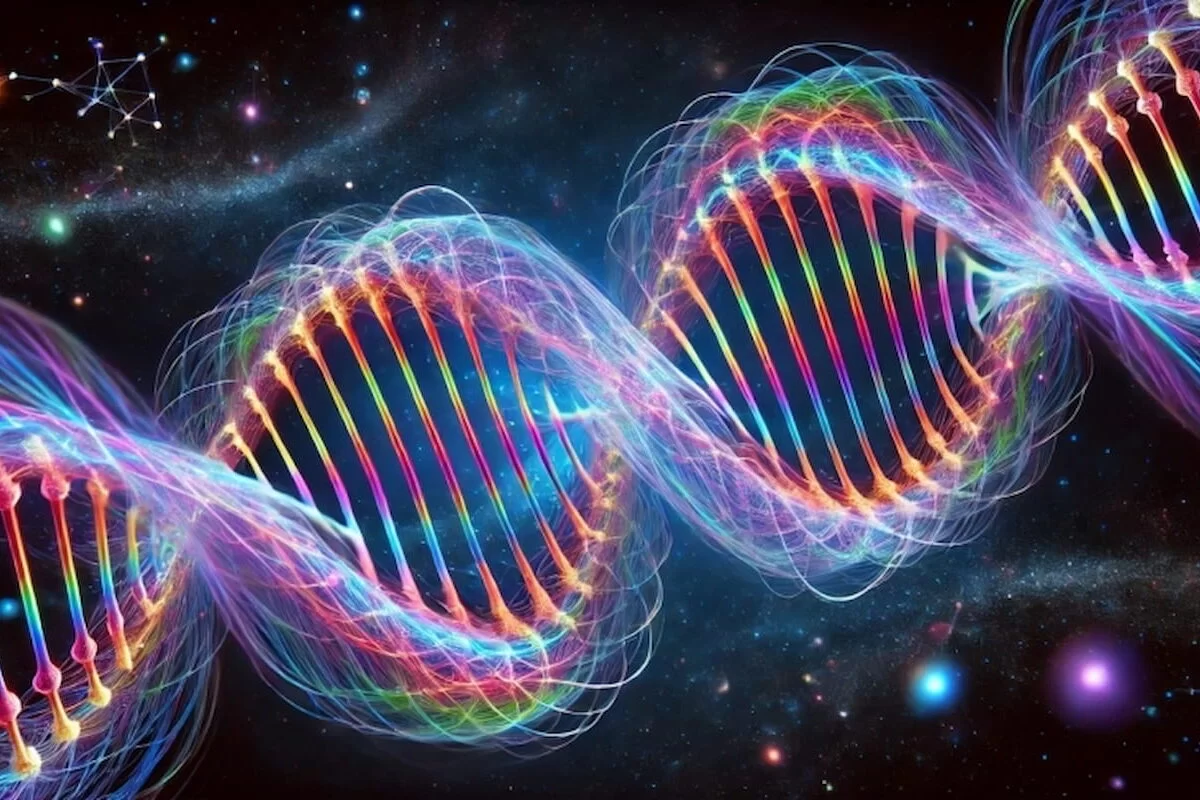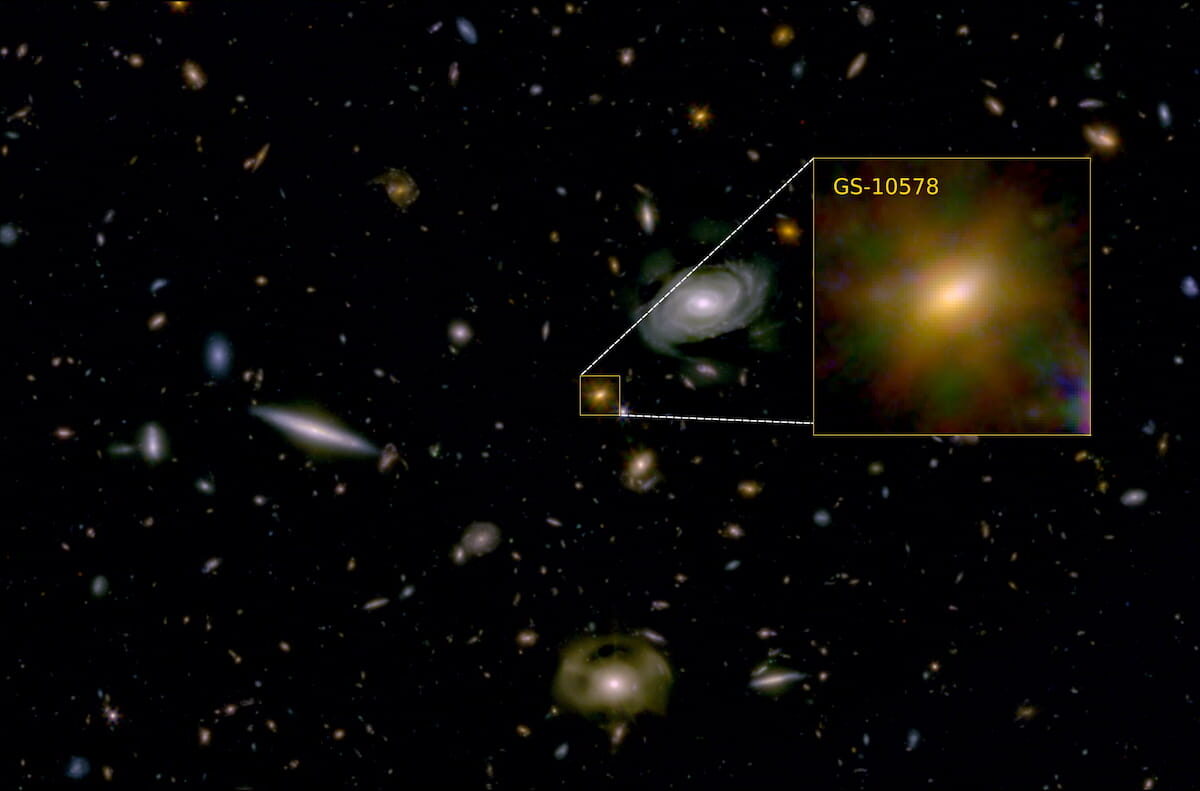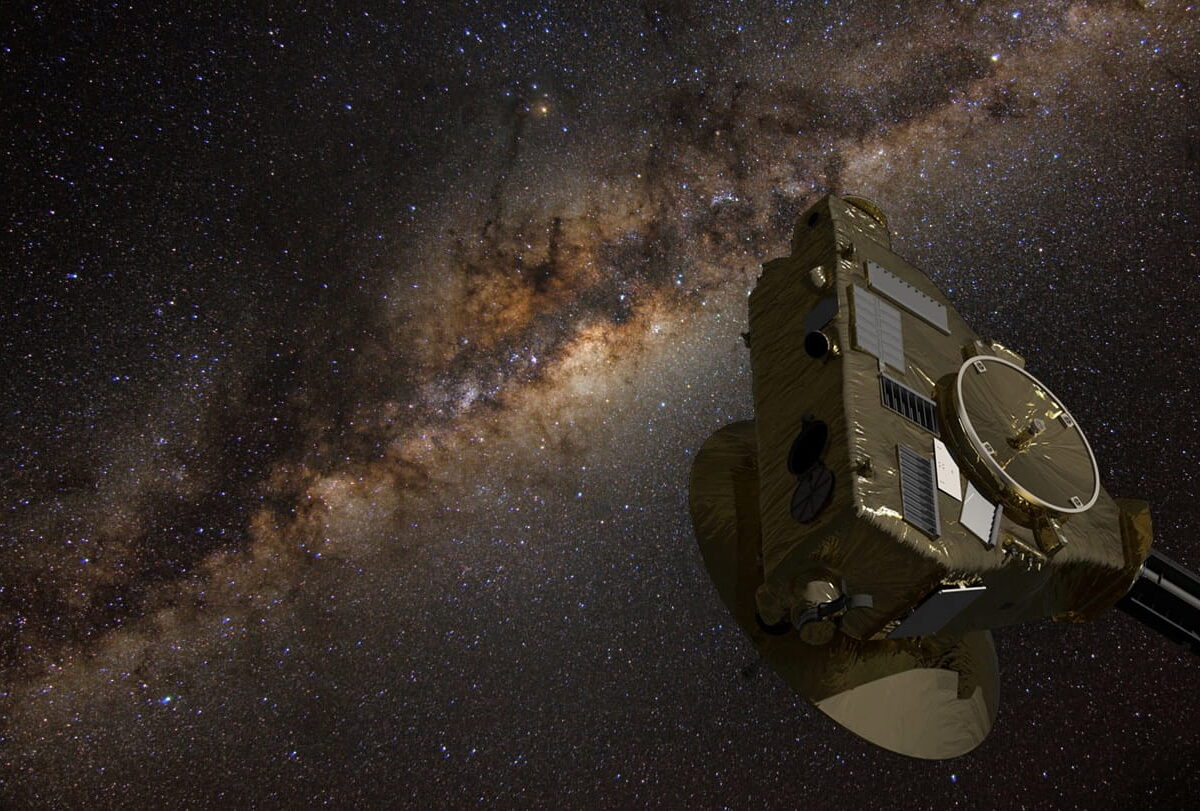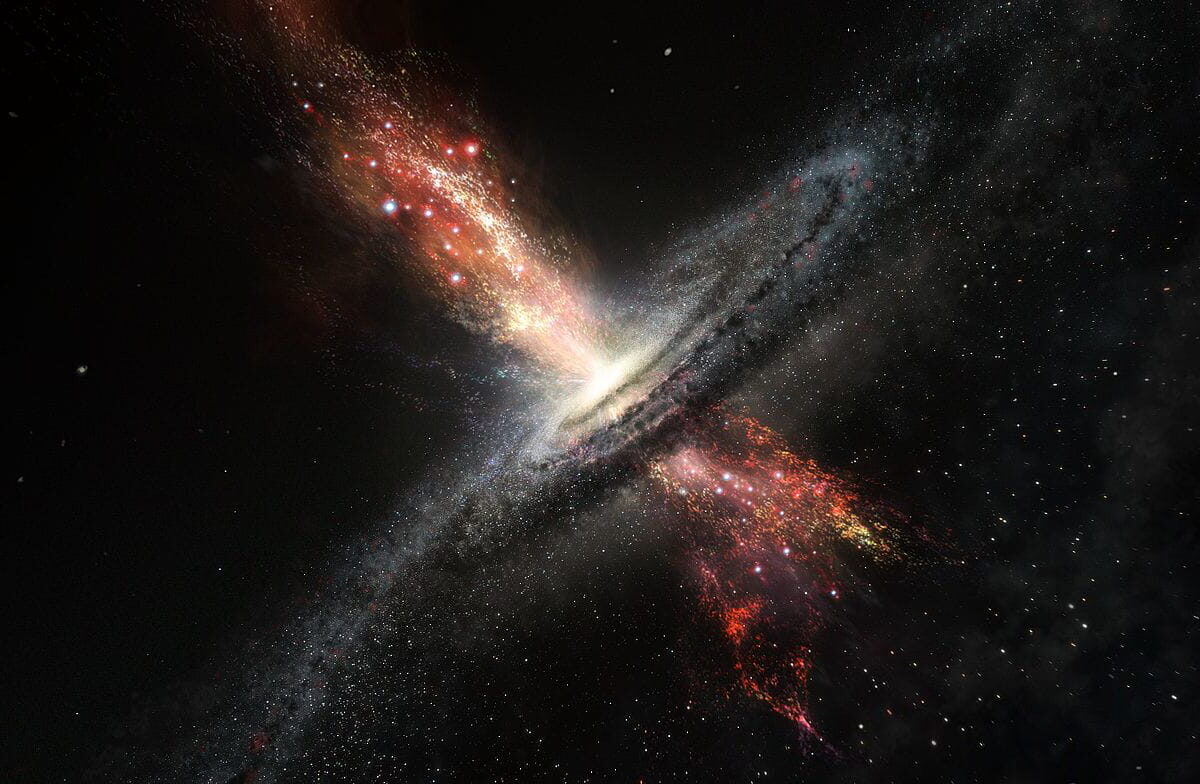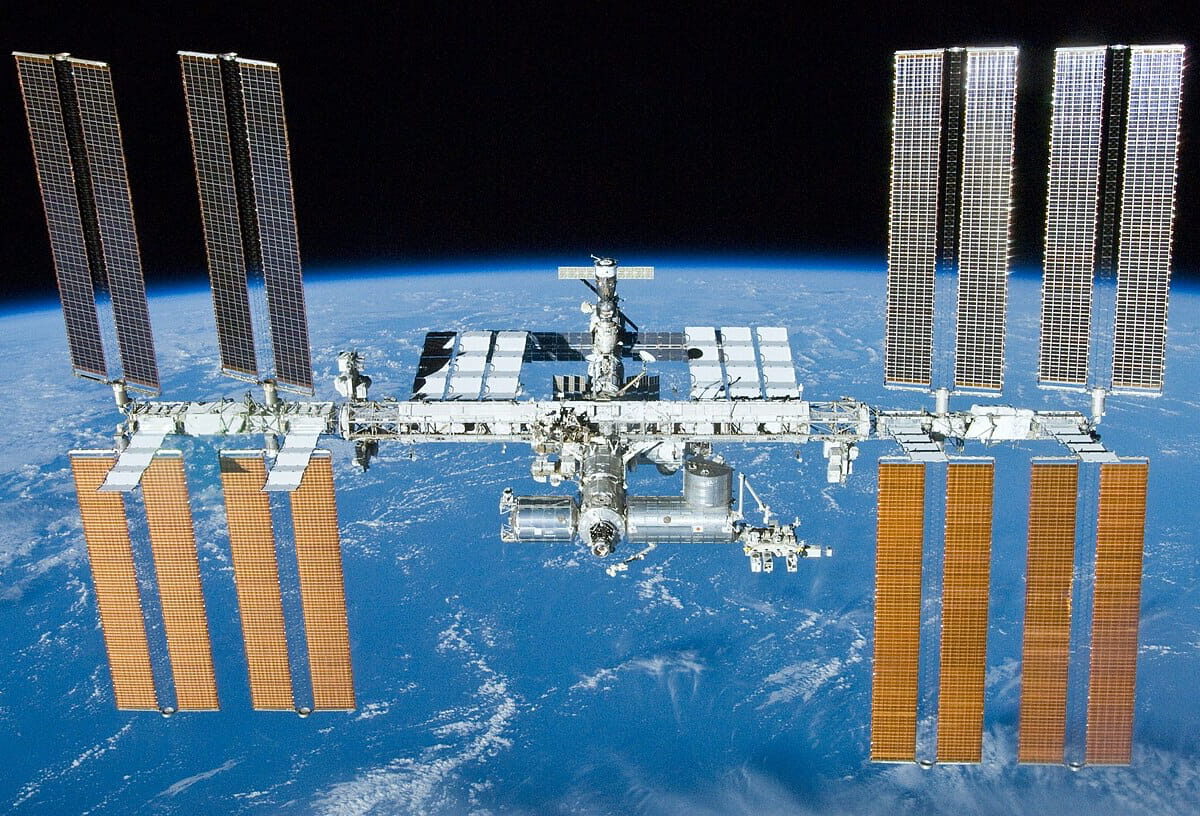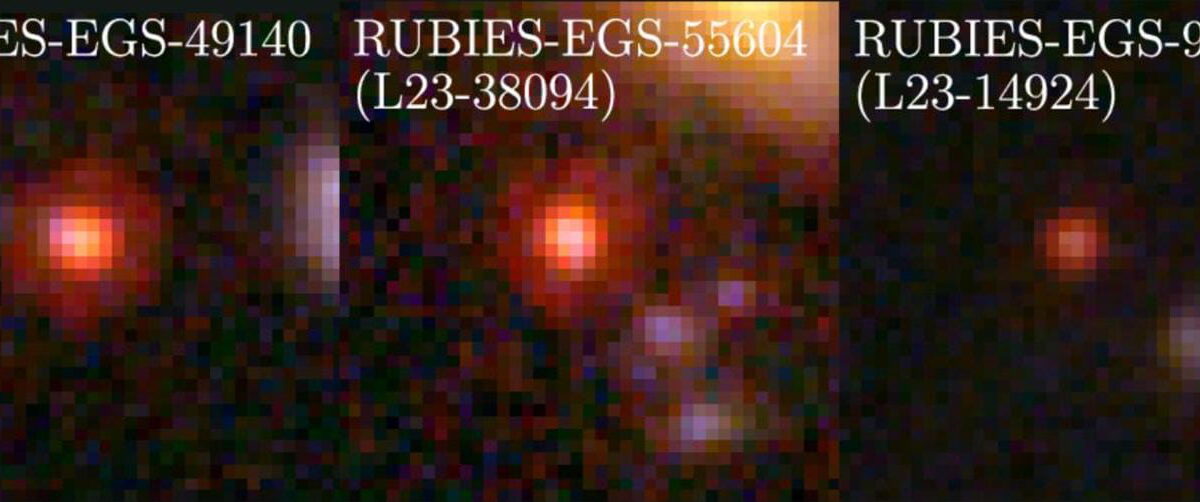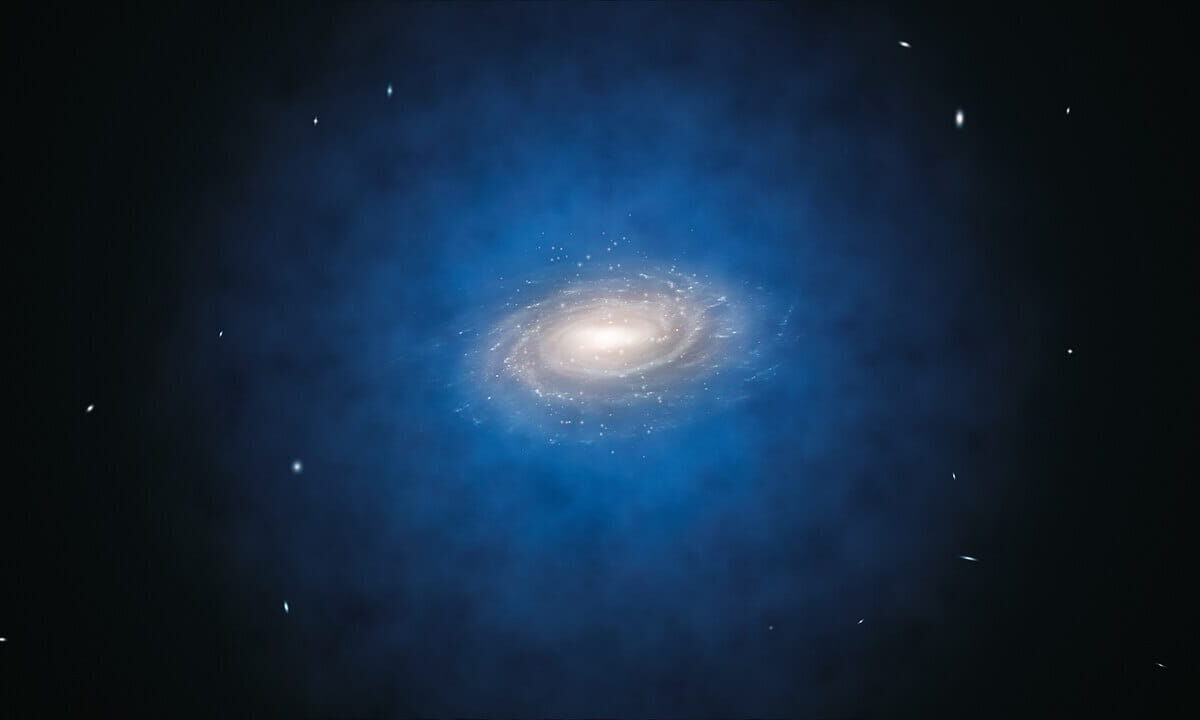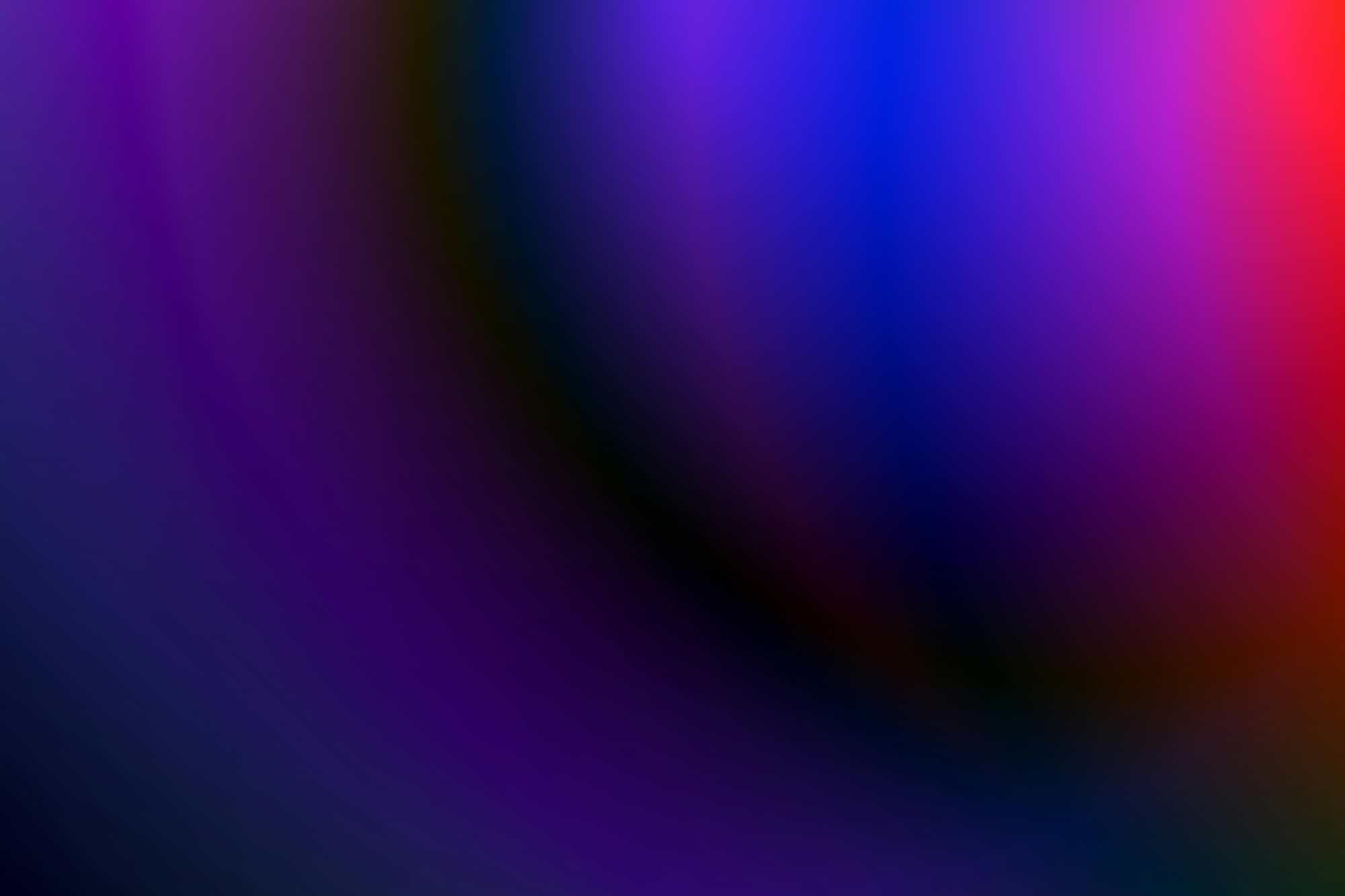A massive black hole has ripped apart a star, and now it’s using the remnants of that star to impact another nearby star or possibly a smaller black hole that was once safe from harm. This discovery, made through NASA’s Chandra X-ray Observatory and other telescopes, helps astronomers connect two previously separate mysteries by offering […]
Universe
DNA-like geometric structure discovered in space-time
An international team of scientists, composed of researchers from the Complutense University of Madrid, Saint Louis University’s Madrid campus, and the University of California, has proposed a new theory suggesting that spacetime could be made up of “entangled virtual bosons”, similar to the double helix of DNA. This finding, which could have significant implications for […]
Astronomers Discover Galaxy Being Devoured by a Supermassive Black Hole
A team of international researchers, co-led by the University of Cambridge, has used the powerful James Webb Space Telescope (JWST) to observe a galaxy from the early universe that is undergoing a dramatic transformation. Approximately the size of the Milky Way, this galaxy exists around two billion years after the Big Bang and hosts a […]
The Tired Light Theory and James Webb Telescope Observations Challenge the Validity of the Big Bang
A recent study by an engineer from Kansas State University offers new observational support for a century-old theory that directly challenges the validity of the Big Bang theory. Lior Shamir, an associate professor of computer science, used images from three different telescopes and data from over 30,000 galaxies to measure the redshift of galaxies in […]
Astronomers Find Most of the Universe is Darkness, and Its Light Has Been Fading for 10 Billion Years
Scientists have taken a virtual trip to the far reaches of our solar system to measure the faint glow that fills the universe, called the cosmic optical background. This glow is the dim light left behind by stars and galaxies that have formed and burned out since the beginning of the cosmos. The study, published […]
Two of the Hundreds of Known Black Holes in the Universe Emit a Pulse, and Scientists Now Know Why
An international team of astronomers has detected variability, a pulse, in the behavior of the black hole IGR J17091-3624. This phenomenon, nicknamed a heartbeat, has been observed using data from the NICER and NuSTAR space observatories and could offer new insights into the complex processes occurring near these enigmatic cosmic objects. The study, led by […]
Measurement that the universe expands at 67.4 kilometers per second per megaparsec confirms the validity of the cosmological model
Scientists have been debating how fast our universe is expanding, a rate that is called the “Hubble constant”. For the past 20 years, two main methods of measuring this rate have given different results, leading some to wonder if our understanding of the universe was incomplete. However, new data from the James Webb Space Telescope […]
Antimatter Detected on the International Space Station Reveals Unknown Physics
The Alpha Magnetic Spectrometer (AMS-02), a particle detector aboard the International Space Station, has identified particles of antimatter (antihelium) that are not easily produced in the known universe. This discovery challenges current theories about the production of antimatter and suggests that we might be observing completely new astrophysical phenomena. Antihelium is the antimatter form of […]
Three Mysterious Bright Objects in the Early Universe Baffle Scientists
A recent discovery by NASA’s James Webb Space Telescope (JWST) has challenged conventional thinking about the origins and evolution of galaxies and their supermassive black holes. Using the NIRSpec instrument aboard JWST as part of the RUBIES survey, an international team led by researchers from Penn State identified three mysterious objects in the early universe, […]
Researchers Show for the First Time Gravity Can Exist without Mass or Dark Matter
For nearly a century, dark matter has been one of the most enigmatic concepts in astrophysics. This hypothetical form of matter is inferred from gravitational effects that cannot be explained by general relativity alone, suggesting the existence of unseen mass in the universe. Proposed by Dutch astronomer Jan Oort in 1932 to explain the missing […]


